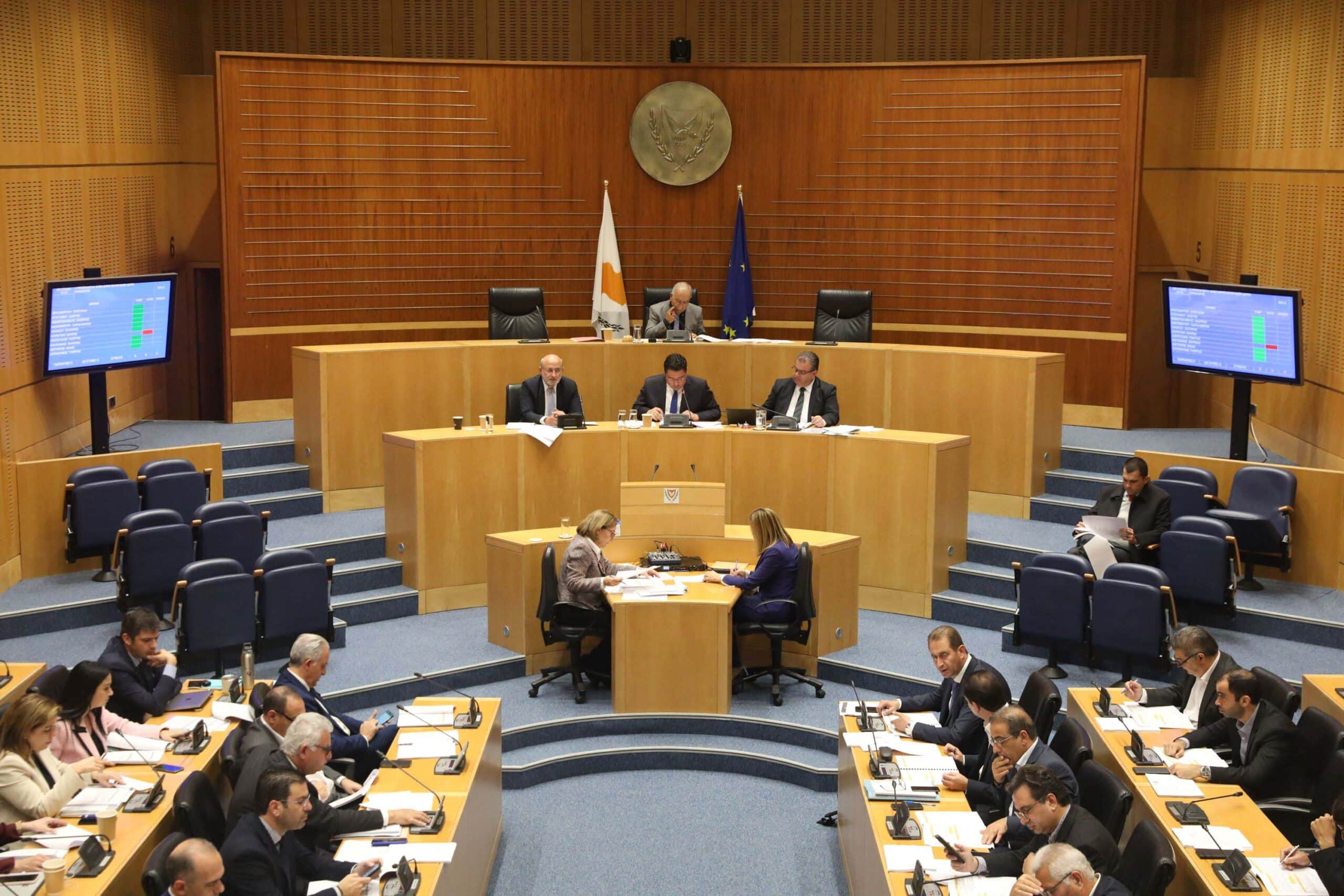The Cyprus Telecommunications Authority (Cyta) has secured parliamentary approval for its 2024 budget following intense political debate. The House plenum on Thursday endorsed the state-run telecom company’s financial plan, which outlines €501 million in expenditures against revenues of €412 million.
Cyta, a semi-governmental organization, is set to achieve a pre-tax surplus of €23.1 million. Despite facing a €75 million deficit in its pension fund at the end of 2022, the company has maintained a focus on future sustainability. A significant portion of its expenses, amounting to €148 million, is allocated to personnel payroll and benefits. Additionally, Cyta incurs around €15 million annually on electricity costs.
In a move towards energy independence, Cyta is advancing a project through its subsidiary Cyta Power Ltd to reach ‘energy autonomy’ by 2027. The initiative involves generating electricity through solar power, although a final decision on this project is still pending.
The budget approval was not without contention, as lawmakers revisited historical political disagreements regarding Cyta’s status. Disy party members praised the current board of directors for their financial stewardship, which has kept Cyta robust. However, Akel leader Stefanos Stefanou criticized past efforts by the Disy party’s former leader and the administration of Nicos Anastasiades to privatize Cyta, expressing relief that parliament had blocked such a bill. Stefanou reiterated his party’s stance that strategic semi-governmental organizations should remain state-controlled.
On the same day, the plenum also passed the 2024 budget for the Electricity Authority of Cyprus (EAC), with planned expenditures of €2.39 billion and anticipated revenues of €2.1 billion. The EAC expects to generate €1.3 billion from electricity sales.
The approval of these budgets reflects ongoing discussions about the management and future direction of Cyprus’s key semi-governmental entities. As Cyta moves towards energy autonomy and both organizations continue their operations, the debates underscore the delicate balance between fiscal responsibility and strategic state control in the nation’s critical sectors.






